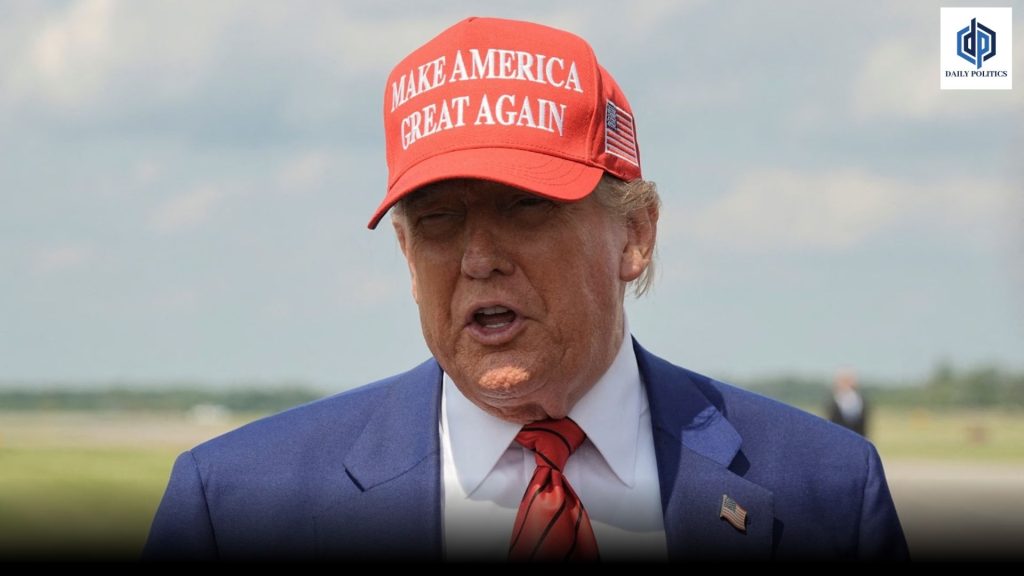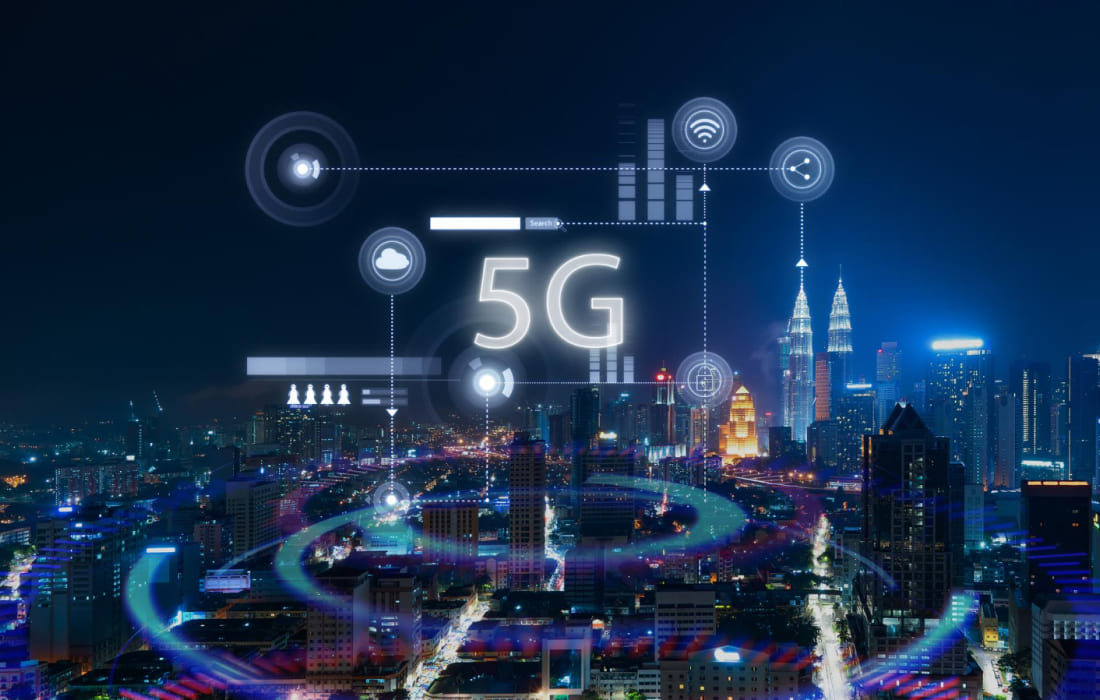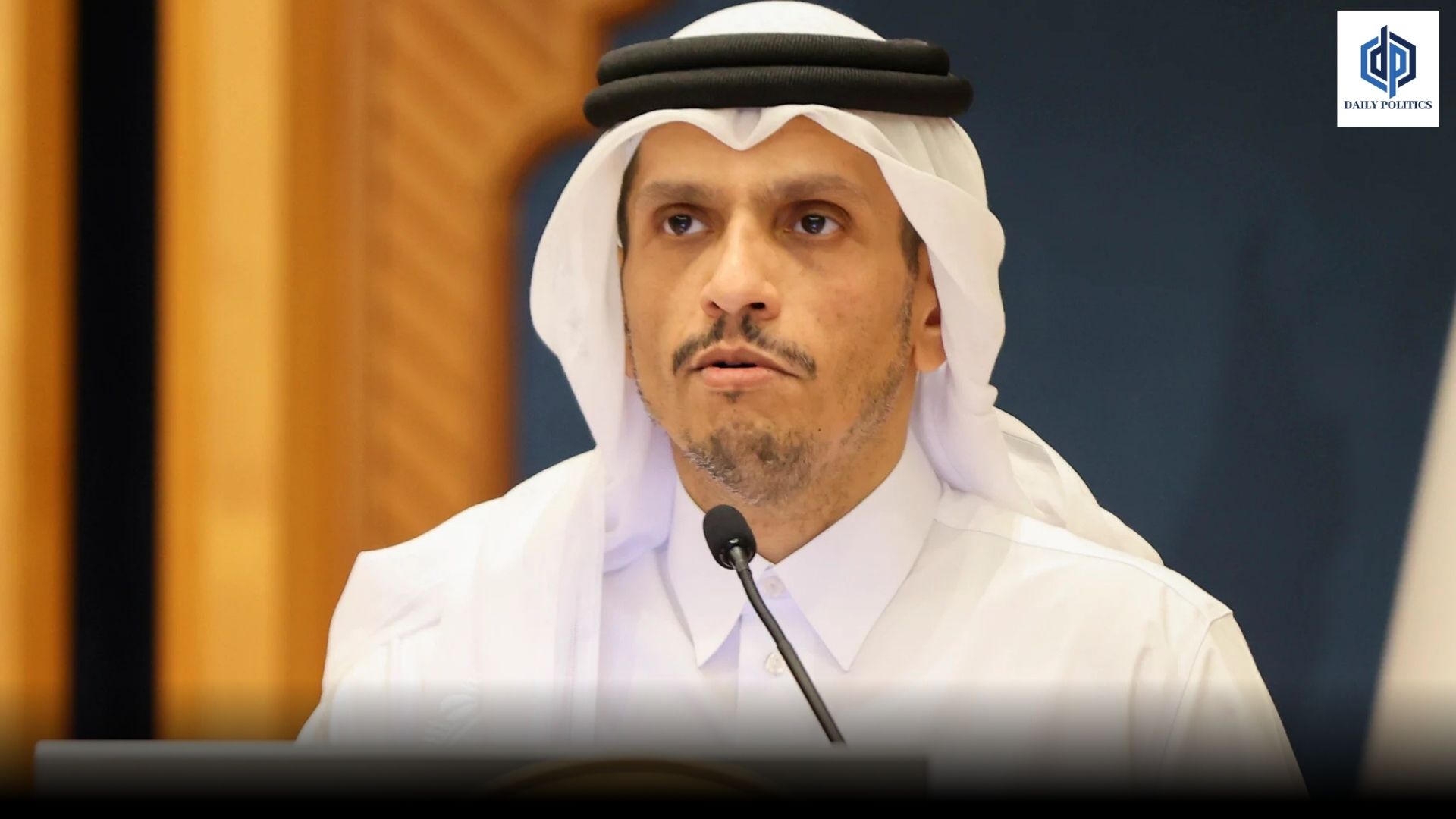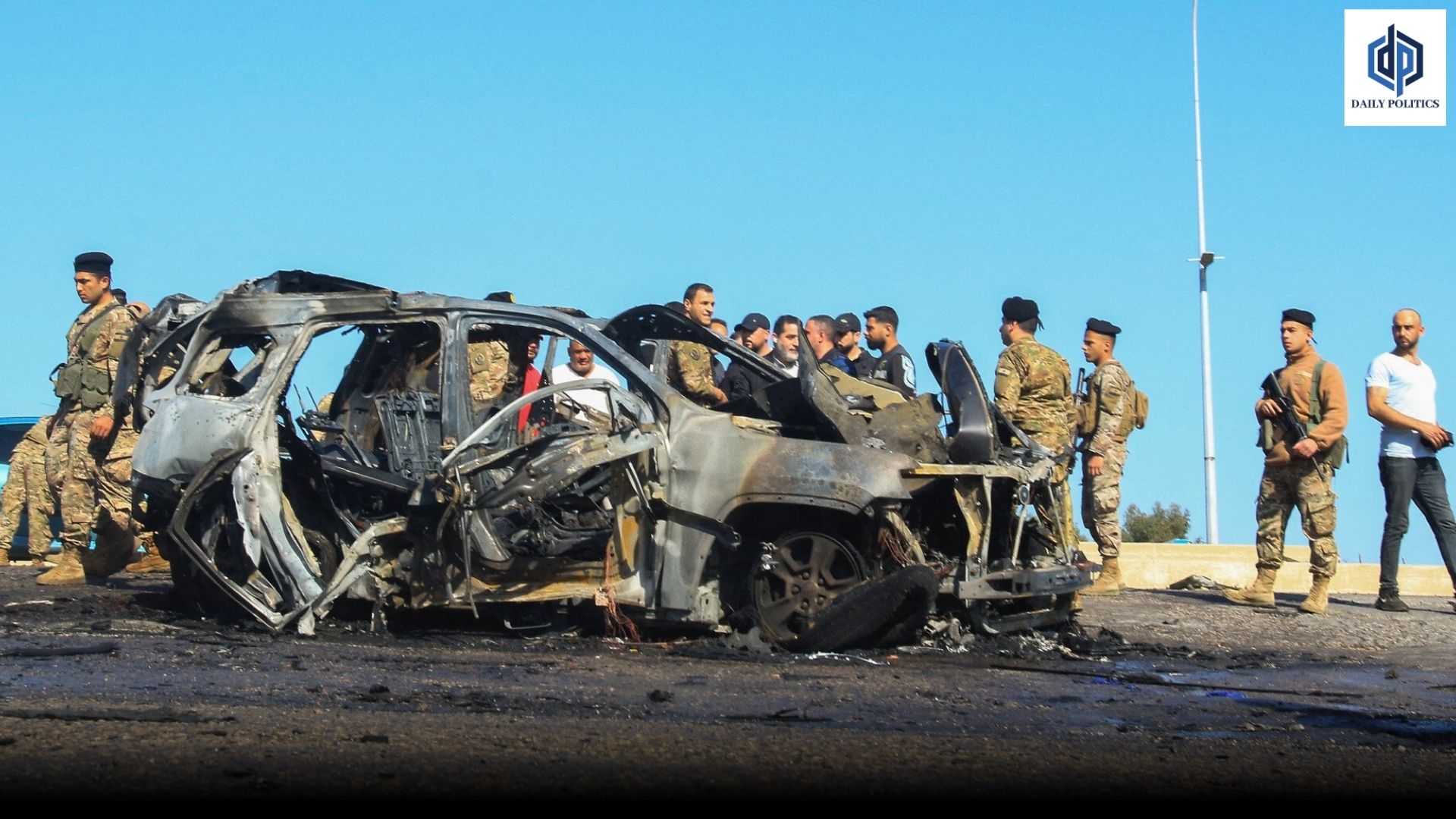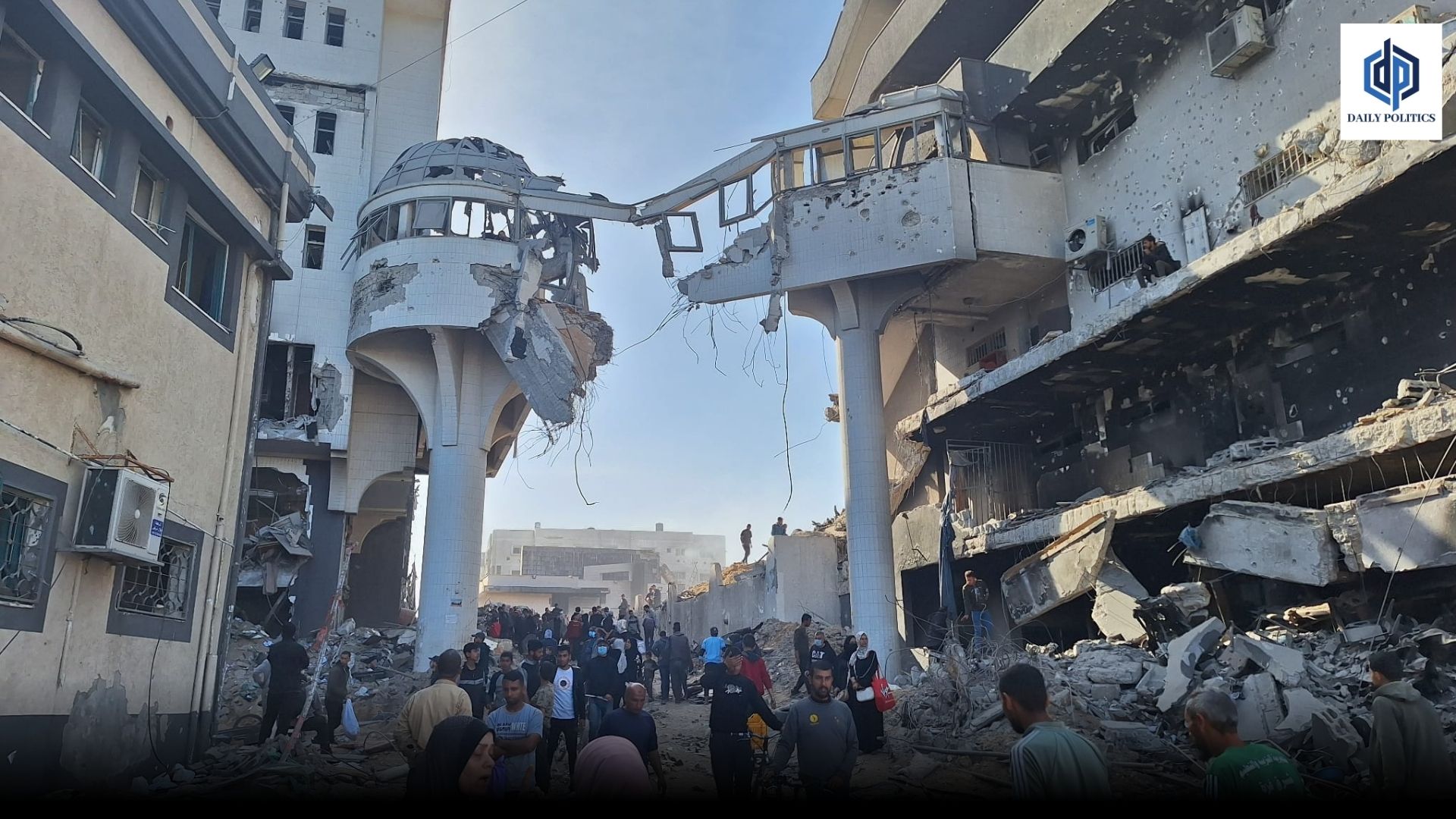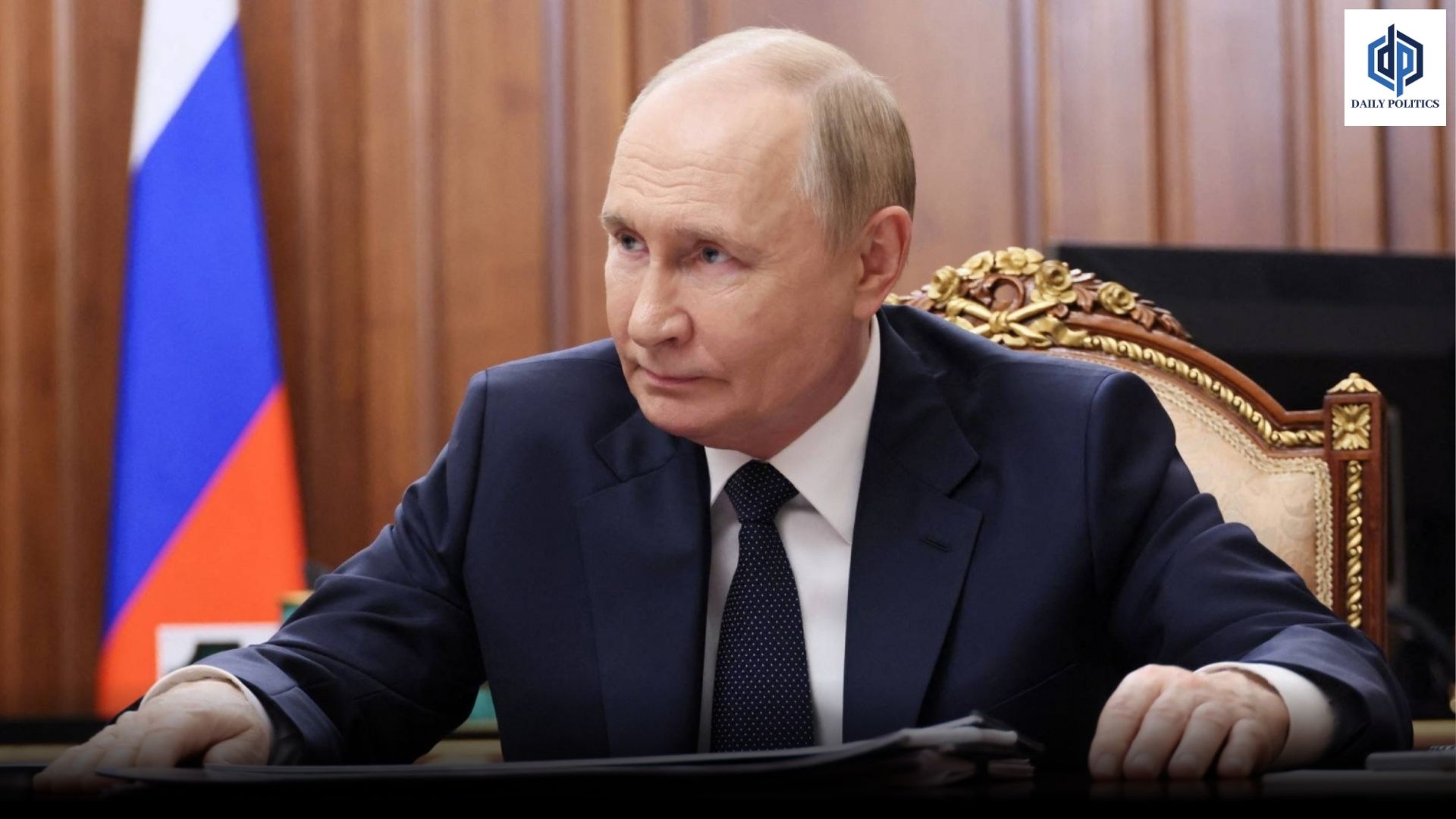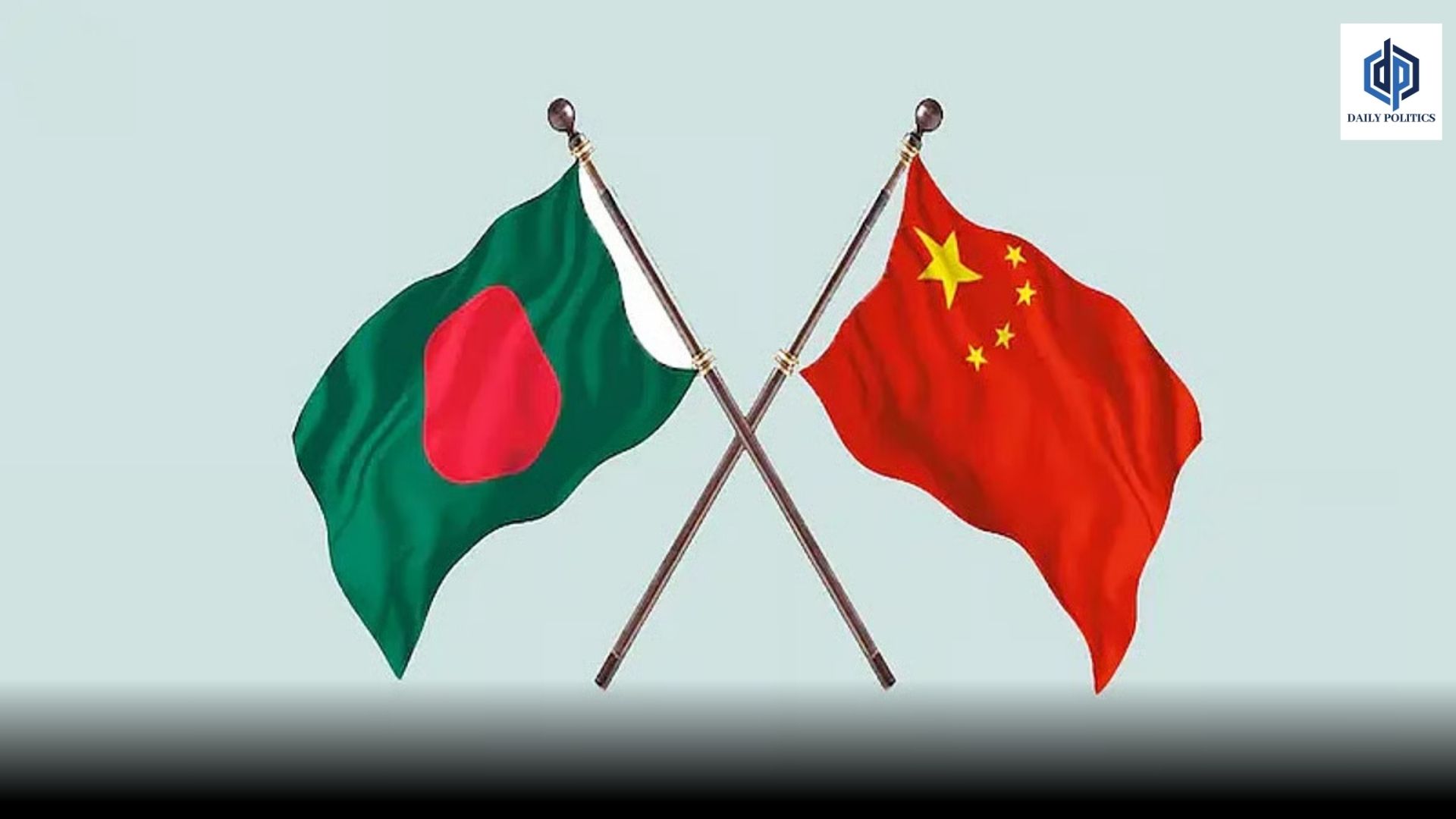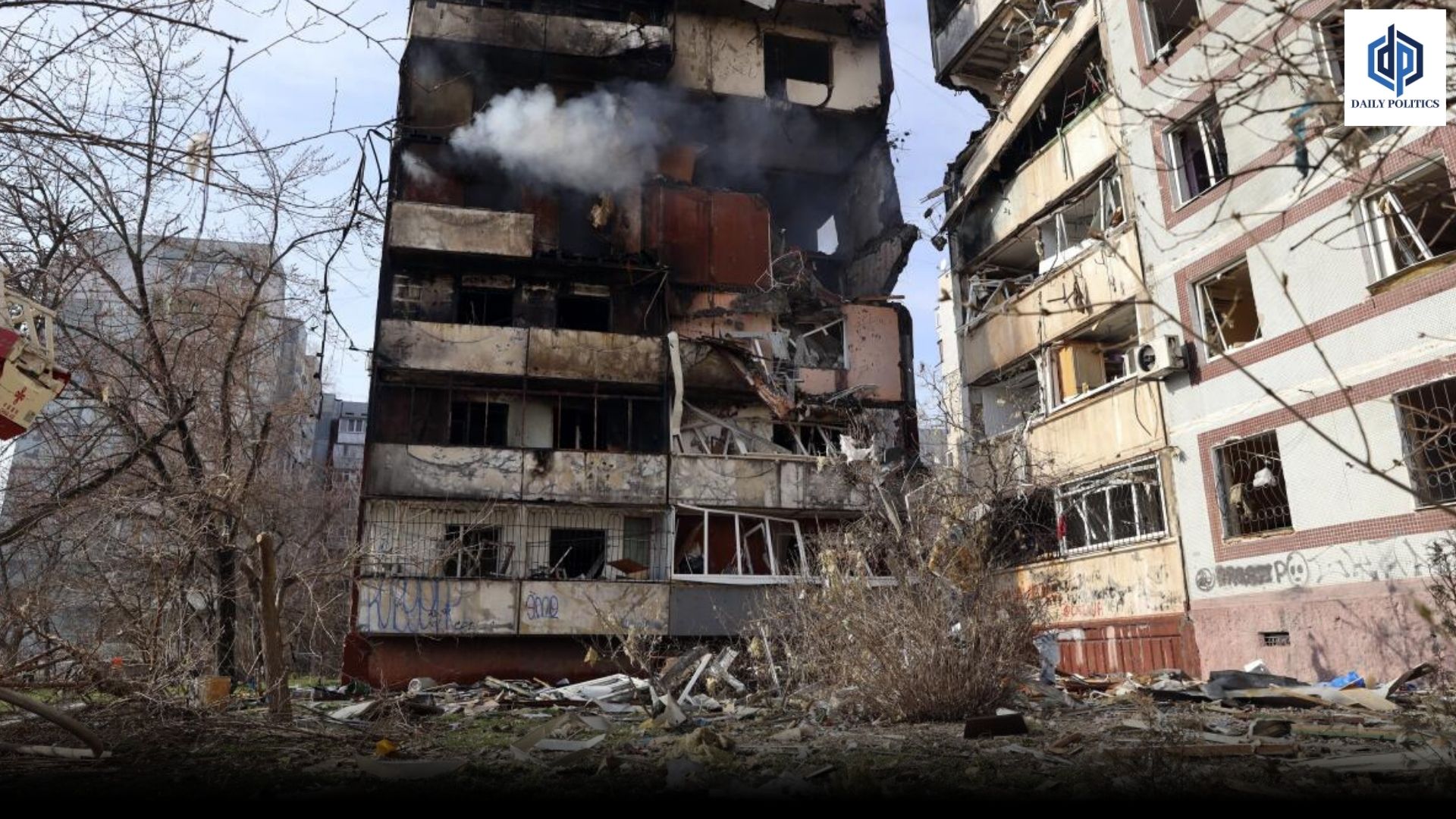Pakistan announced today its intention to recommend US President Donald Trump for the Nobel Peace Prize, an honour he has expressed a desire for. The country cited Trump’s efforts in addressing the recent tensions between India and Pakistan.
Analysts in Pakistan have suggested that this development could lead Trump to reconsider the possibility of collaborating with Israel to target Iran’s nuclear facilities. Pakistan has denounced Israel’s actions, labeling them as a breach of international law and a potential danger to regional stability.
In May, a surprising declaration from Trump regarding a ceasefire abruptly concluded a four-day conflict between the nuclear-armed adversaries India and Pakistan. Trump has consistently claimed that he prevented a nuclear war, safeguarded millions of lives, and expressed dissatisfaction over the lack of recognition for his actions.
Pakistan acknowledges that US diplomatic intervention halted the fighting; however, India contends that the resolution was achieved through a bilateral agreement between the two militaries.
“Pakistan stated that President Trump exhibited significant strategic foresight and exceptional statesmanship by engaging diplomatically with both Islamabad and New Delhi, effectively de-escalating a rapidly worsening situation.” “This intervention highlights his position as a true peacemaker.”
Governments are responsible for submitting nominations for the Nobel Peace Prize. Washington has yet to respond immediately, and the Indian government spokesperson has yet to respond to the request for comment.
Former President Trump has consistently expressed his readiness to act as a mediator in the ongoing conflict between India and Pakistan concerning the contentious Kashmir region, which remains the primary source of their longstanding rivalry. Islamabad, a city that has consistently sought international focus on the Kashmir issue, expresses its satisfaction.
His position has significantly altered US policy in South Asia, which traditionally supported India as a counterbalance to China. This raises doubts about the previously strong ties between Trump and Indian Prime Minister Narendra Modi.
On Friday, Trump took to social media to outline a series of conflicts he claims to have addressed during his first term. He highlighted issues such as the tensions between India
and Pakistan and the Abraham Accords involving Israel and several Muslim-majority nations. He stated, “No matter what I do, I won’t receive a Nobel Peace Prize.”
In a notable development, Pakistan has nominated Trump, coinciding with a lunch meeting between the country’s army chief, Field Marshal Asim Munir, and the US leader. This marked a historic occasion as it was the first instance of a Pakistani military leader receiving an invitation to the White House during the tenure of a civilian government in Islamabad.
The anticipated meeting between Trump and Modi at the G7 summit in Canada last week was ultimately canceled when the US president departed early. However, the two leaders later connected via phone, during which Modi asserted that “India does not and will never accept mediation” regarding its ongoing dispute with Pakistan, as reported by the Indian government.
Mushahid Hussain, who previously chaired the Senate Defence Committee in Pakistan’s parliament, said Trump’s nomination for the peace prize was warranted.
“Trump is beneficial for Pakistan,” he stated. ” Should this cater to Trump’s ego, so be it.” European leaders have been showing considerable deference to him recently.
The decision has sparked mixed reactions in Pakistan, particularly as Trump’s backing of Israel’s actions in Gaza has intensified emotions among the populace.
“Israel’s financial backer in Gaza and supporter of its actions against Iran is not deserving of any accolades,” stated Talat Hussain, a well-known Pakistani television political talk show host, in a post on X. ” What if he resumes kissing Modi on both cheeks after a few months?”

